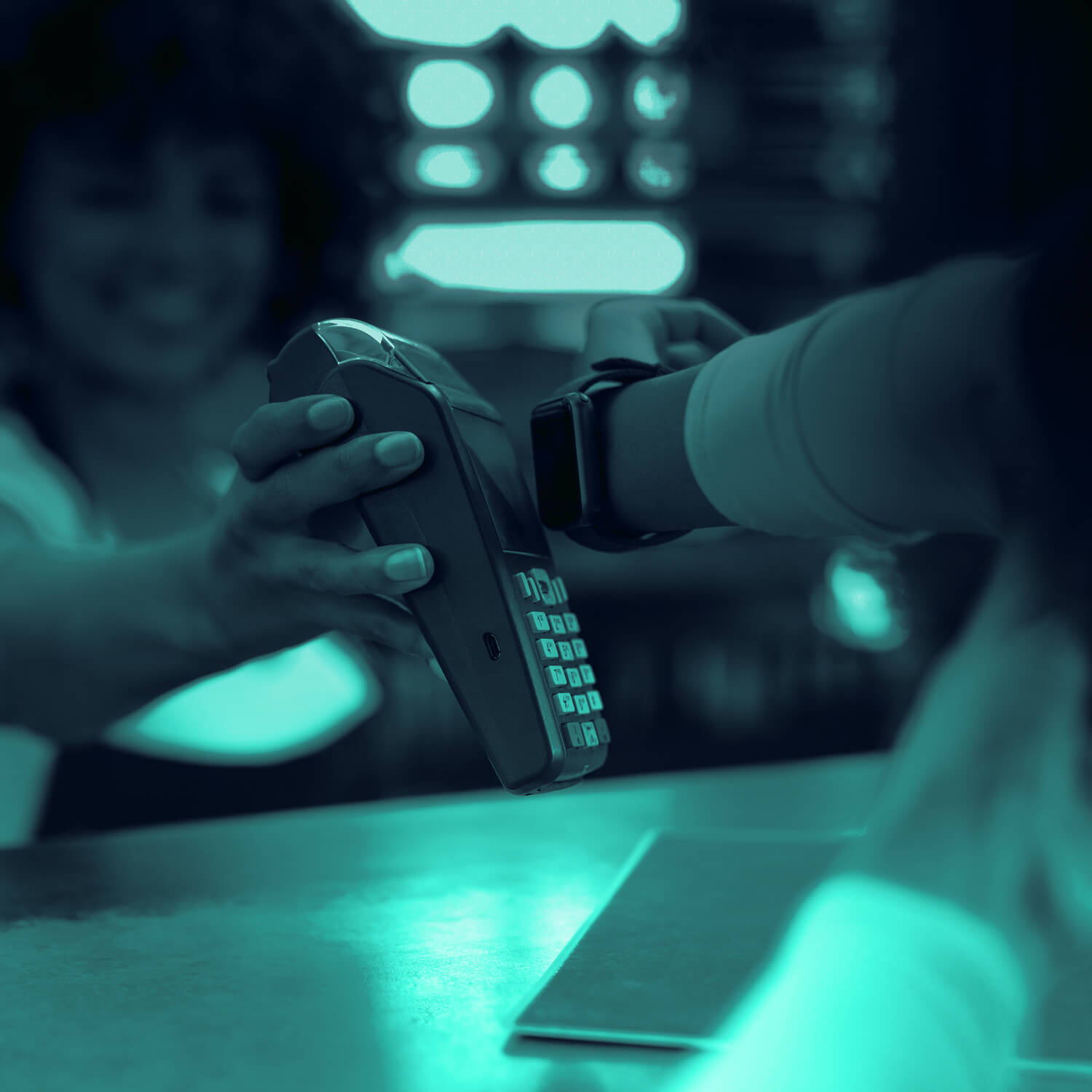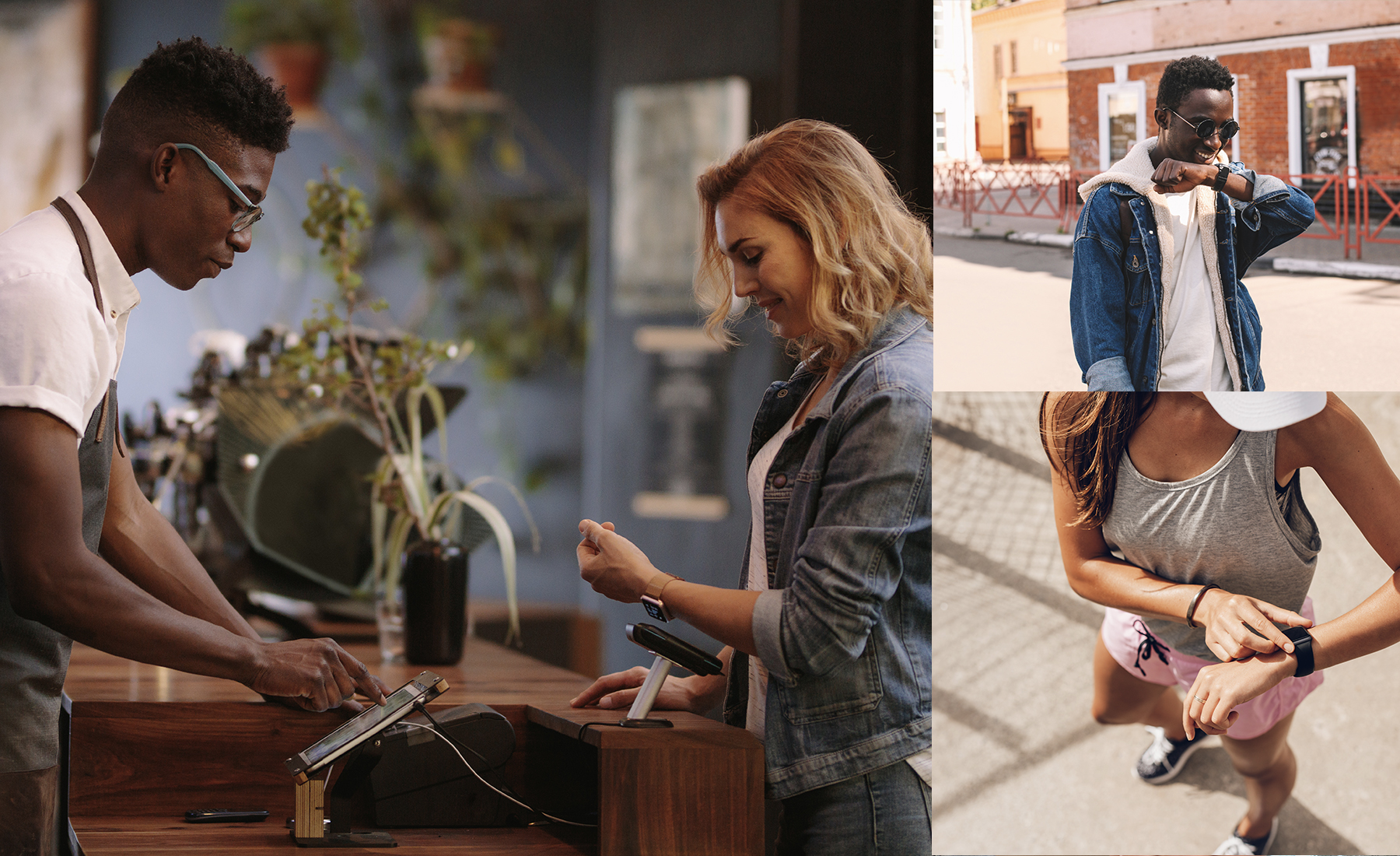With the continual development of technology it’s estimated that there are now 3.8 billion smartphone users in the world (Source: Statista, 2021). A growing number of us also have smart wearable devices, either in the form of a smart watch or a fitness tracker with Statista projecting that the wearables market in the UK will be worth over £415m this year.
As the technology continues to develop and becomes more convenient, it’s no surprise that we’re using our portable computers to monitor and manage our daily tasks.
These clever devices now allow you to track your heart rate; calories consumed; fertility window; bank balance (including visual cues to remind you of the sneaky Maccy D’s you had for lunch) as well as keeping tabs on your retirement fund, to name just a few options.
Back in 2007 Gary Wolf and Kevin Kelly of Wired magazine coined the term “the quantified self” to describe this cultural phenomenon of self-tracking with technology. The key question for brands is how to capitalise on this increased awareness by users of their individual needs and goals?
With 1.85 million apps available to download at the end of 2020 (Source: Business of Apps), apps are fast becoming a preferred interface for many mobile users, but with so much choice what can companies do to create a “go-to” app?
It’s increasingly important for companies and brands to show that they know who their customers are and with the giant leaps of progress in big data and artificial intelligence (AI) this is becoming more achievable for companies of all sizes. We are now much further on from the early days of “Customers who bought X also bought Y”, and users have come to expect personalisation at each stage of their app journey. According to a study by Oracle 49% of users would expect to have some degree of personalisation in the notifications pushed out to them via their devices.
When done well, personalised push notifications can boost retention rates by as much as 180%! (Source: Hurree). But don’t just slap the user’s name on a notification and hit them repeatedly with pushes, it’s important to make sure that your notifications are relevant to each user and where they are in their engagement journey with your brand.


